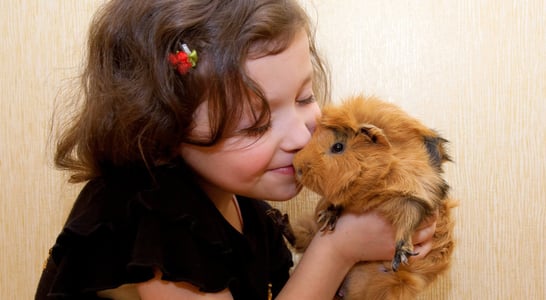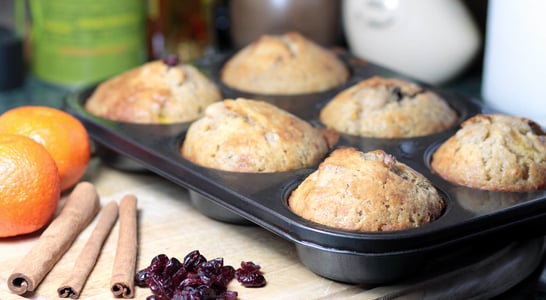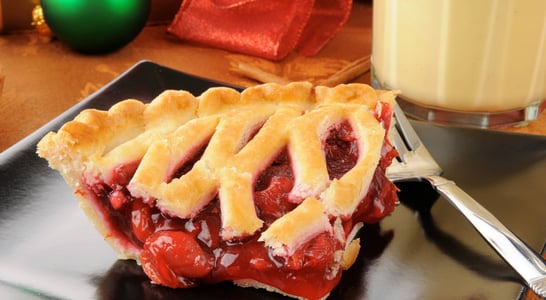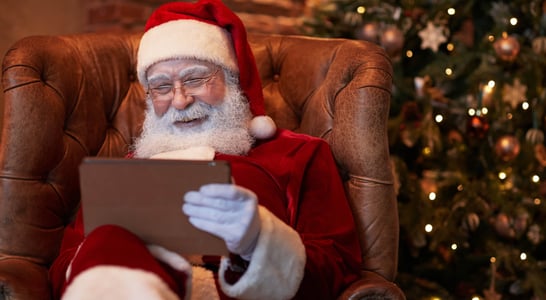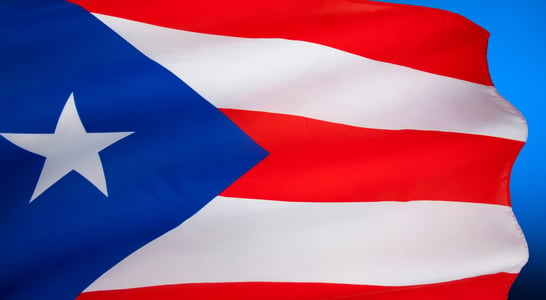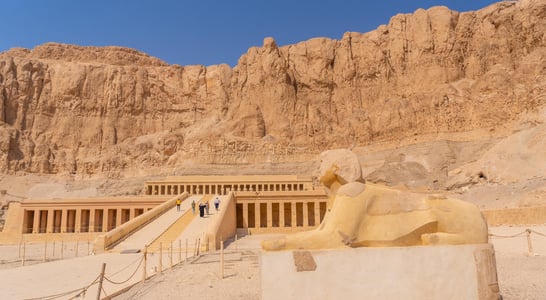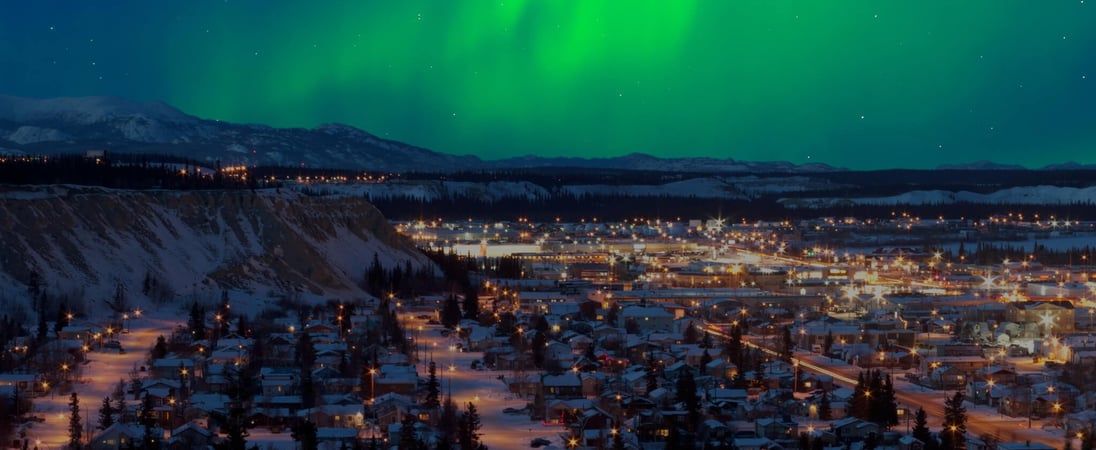
Yukon Heritage Day
Yukon Heritage Day is a vibrant celebration that spotlights the rich history and diverse culture of Canada’s Yukon Territory.
It honors the Indigenous peoples and early pioneers who shaped the territory’s identity. Beyond the historical aspect, it is a time for cultural activities that bring the community together!
How to Celebrate Yukon Heritage Day
Celebrations often include events like the Yukon Sourdough Rendezvous, which features sled dog races, air shows, and snow sculpture contests, capturing the region’s adventurous spirit.
Additionally, it encourages residents to reflect on the Klondike Gold Rush era, a pivotal time that brought many to the Yukon in search of fortune.
Visit Historical Sites
Take a trip back in time by exploring Yukon’s historic spots. Pop over to the SS Klondike or stroll around Dawson Historical Complex. These places offer glimpses into the past, filled with tales of adventure and discovery.
Engage in a Famous Festival
Dive into the Yukon Sourdough Rendezvous! Enjoy dog sled races, watch air shows, and marvel at snow sculptures. This festival captures the adventurous spirit of Yukon and brings joy to everyone.
Experience Gold Rush Fever
Channel your inner prospector! Try gold panning at the Klondike Gold Rush International Historical Park. You never know, you might strike it rich or at least have some glittery fun.
Celebrate Indigenous Culture
Immerse in the rich traditions of Yukon’s Indigenous peoples. Visit the Kwanlin Dün Cultural Centre and learn about their vibrant heritage. Enjoy traditional stories, music, and crafts that showcase a deep connection to the land.
Explore the Great Outdoors
Embrace the wild side of Yukon! Go dog sledding, witness the Northern Lights, or take a snowy hike. The breathtaking landscapes offer a perfect backdrop for celebrating the natural beauty that shapes Yukon’s heritage.
History of Yukon Heritage Day
Yukon Heritage Day started in 1976. The Yukon Historical and Museums Association (YHMA) initiated this event to celebrate and preserve the region’s rich cultural and historical heritage.
This special day was founded following the establishment of a national Heritage Day by the Heritage Canada Foundation in 1973. The aim is to promote cultural, historical, and natural heritage across Canada.
The timing of this celebratory event was chosen to align with the Yukon Sourdough Rendezvous, a popular winter festival in Whitehorse. The festival features events like sled dog races, air shows, and snow sculpture contests, bringing the community together in a lively celebration of Yukon’s history and culture.
Yukon Heritage Day highlights the importance of recognizing and honoring the territory’s past, including its Indigenous peoples, early settlers, and the significant impact of the Klondike Gold Rush.
It provides an opportunity for residents and visitors to engage with Yukon’s unique heritage, fostering a sense of pride and connection to this remarkable region.
This lively day off allows Yukoners and visitors alike to immerse themselves in the essence of what makes this northern region unique. With schools and government offices closed it provides a perfect opportunity to explore and appreciate the deep historical roots and natural beauty of the area.
People engage in events that highlight traditional practices, such as gold panning and exploring historical sites.
These activities not only educate but also strengthen the communal bonds among Yukoners, fostering a shared sense of pride and belonging.
Yukon Heritage Day FAQs
What is the origin of the term “Sourdough” in the Yukon Sourdough Rendezvous Festival?
The term “Sourdough” refers to seasoned prospectors of the Klondike Gold Rush era.
They carried sourdough starter to make bread during their expeditions. This practice became a symbol of their resilience and resourcefulness.
The Yukon Sourdough Rendezvous Festival adopts this term to celebrate the pioneering spirit of these early adventurers.
How did the Klondike Gold Rush influence the establishment of Yukon Heritage Day?
The Klondike Gold Rush of the late 19th century brought a surge of settlers to the Yukon, significantly shaping its cultural landscape.
Yukon Heritage Day was established to commemorate this transformative period and honor the diverse heritage that emerged from it.
Are there any unique foods associated with Yukon Heritage Day celebrations?
Yes, traditional dishes like bannock (a type of fried bread) and smoked salmon are commonly enjoyed during Yukon Heritage Day.
These foods reflect the region’s Indigenous culinary traditions and the resources available to early settlers.
How do Indigenous communities participate in Yukon Heritage Day?
Indigenous communities actively participate by sharing their traditions, stories, and crafts.
Events often include storytelling sessions, traditional music performances, and workshops on Indigenous art forms, fostering cultural exchange and understanding.
What is the significance of the Yukon Quest concerning Yukon Heritage Day?
The Yukon Quest is a 1,000-mile international sled dog race between Fairbanks, Alaska, and Whitehorse, Yukon.
While not directly part of Yukon Heritage Day, its timing often coincides, adding to the festive atmosphere and celebrating the region’s sled dog heritage.
Are there any myths or misconceptions about Yukon Heritage Day?
A common misconception is that Yukon Heritage Day is a nationwide Canadian holiday. In reality, it is specific to the Yukon Territory, reflecting its unique history and culture.
How has Yukon Heritage Day evolved over the years?
Since its inception in 1976, Yukon Heritage Day has expanded from small community gatherings to a territory-wide celebration.
It now includes diverse events such as art exhibitions, historical reenactments, and cultural festivals, engaging a broader audience.
What role do local artists play in Yukon Heritage Day?
Local artists contribute significantly by showcasing their work in exhibitions and workshops.
Their creations, often inspired by Yukon’s landscapes and heritage, provide a contemporary perspective on the territory’s cultural identity.
What is the story behind the Midnight Sun in Yukon’s culture, and how does it connect to Yukon Heritage Day?
The Midnight Sun, a natural phenomenon where the sun remains visible for 24 hours in summer, has deeply influenced Yukon culture.
Indigenous peoples like the Tlingit and Hän have long celebrated the sun’s power in their folklore and seasonal ceremonies.
While Yukon Heritage Day falls in winter, the Midnight Sun is often symbolically represented in art and events, reflecting the resilience and harmony with nature central to Yukon life.
This connection underscores the importance of the land’s rhythms to the region’s cultural identity.
How do educational institutions participate in Yukon Heritage Day?
Schools often organize activities such as history projects, cultural presentations, and field trips to local museums.
These initiatives aim to educate students about Yukon’s heritage and instill a sense of pride in their local history.
Also on ...
View all holidaysNational Love Your Pet Day
Nurturing an unbreakable bond with your furry companion, a profound connection that enriches life with boundless affection and joy.
National Muffin Day
Warm, freshly baked treats with a crispy exterior and fluffy interior, in a variety of flavors — perfect for breakfast or a snack.
National Cherry Pie Day
Indulge in the sweet taste of summer's finest fruit, baked to perfection in a flaky crust. This delicious dessert will leave you feeling warm and satisfied.
We think you may also like...
Santa’s List Day
Imagine being Santa, knowing who's been naughty or nice. Bring cheer to your family this Christmas season by making it to the nice list!
Discovery of Puerto Rico Day
An island of rich culture and vibrant life, where the splendor of the Caribbean unfolds in every facet of existence.
